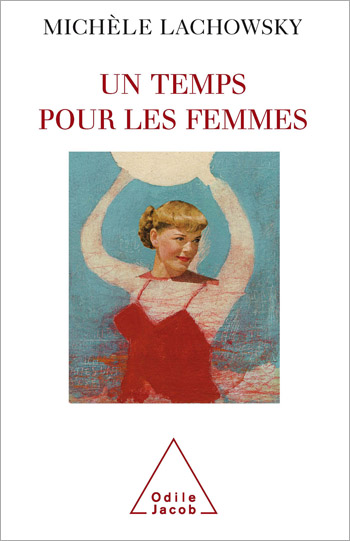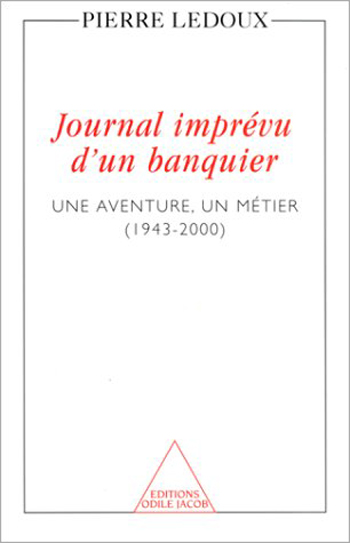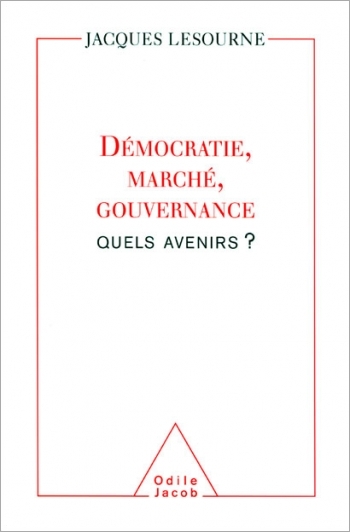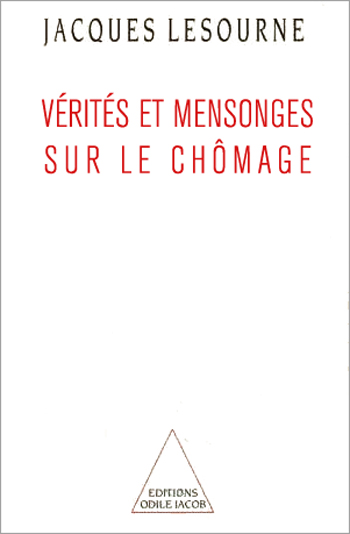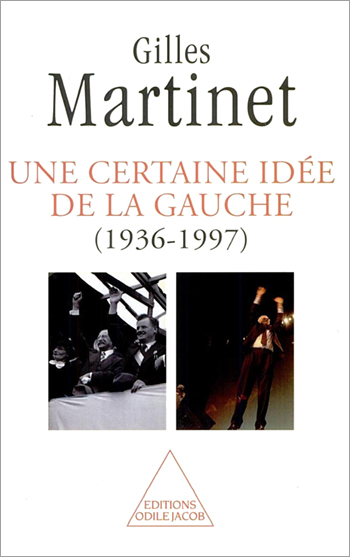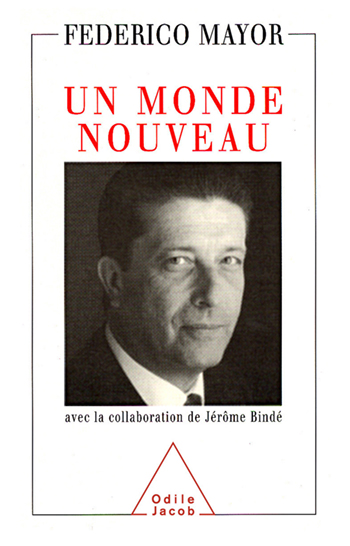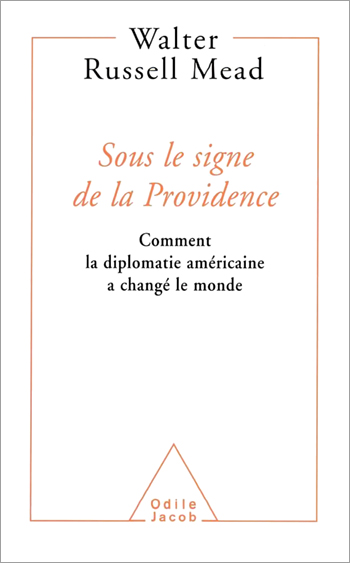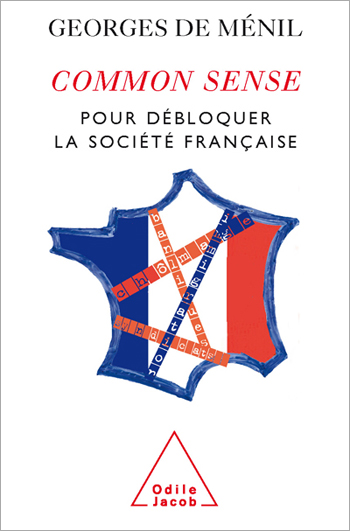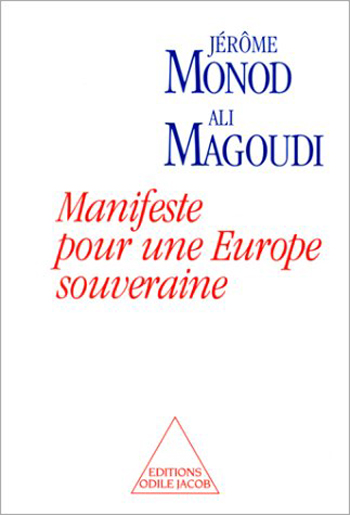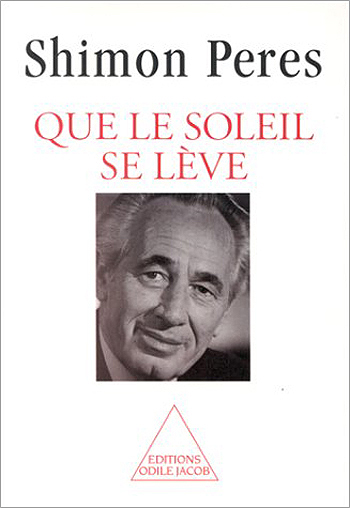Testimonials, News, Investigations All books
![Toxicos - Drug addiction: Thirty Years that Changed Everything – But Tomorrow?]](https://s0.odilejacob.fr/couvertures/9782738141736.jpg)
Bernard Kouchner, Patrick Aeberhard, Jean-Pierre Daulouède, Bertrand Lebeau Leibovici, William Lowenstein
Toxicos Drug addiction: Thirty Years that Changed Everything – But Tomorrow?]
Against the institutional inertia and the comfort of habits of thought, the invigorating and instructive account by five uncommon brothers in arms, driven by the same will to care for those who in the past were despised.
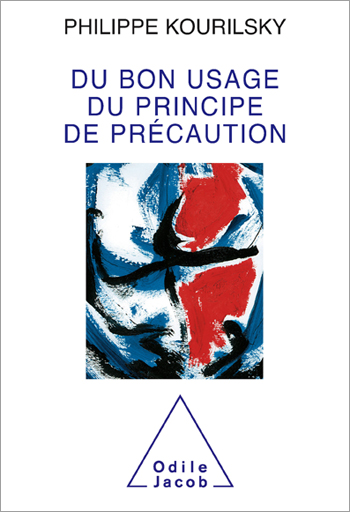
Philippe Kourilsky
The Right Usage of the Precautionary Principle
The precautionary principle is a term so frequently repeated in most spheres of public life that it has become something of a mantra. And yet it remains controversial and has been given many different, and often contradictory, interpretations by its supporters and opponents. For these reasons, the author argues that it is essential to clarify the way the term is used, and this forms the basis of this work. Philippe Kourilsky is the head of the Institut Pasteur and a member of the French Academy of Science.
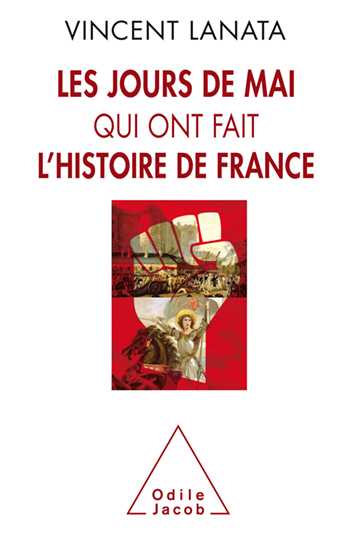
Vincent Lanata
The Days in May that Made History in Fran
The history of France is presented here in an amusing and unexpected way. The final chapter offers a consideration of themes that remain decisive in the life of France: war, Europe, geopolitics, and others.
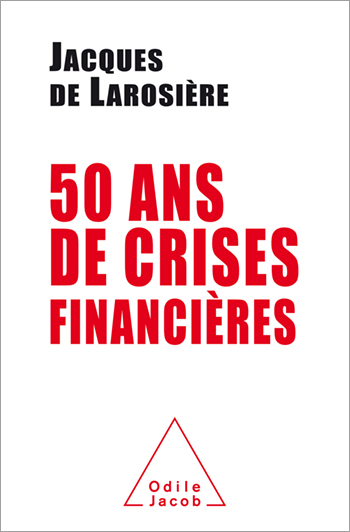
Jacques deLarosière
50 Years of Financial Crisis french version
From Breton Woods to the Lehman Brothers collapse, the true story of 50 years of financial crisis
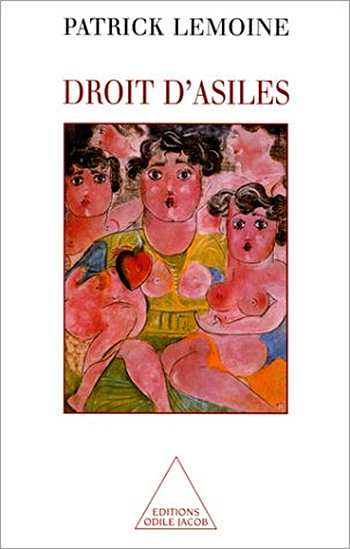
Patrick Lemoine
Right of Sanctuaries
This book is a detailed reconstruction of daily life at the Asile du Vinatier, a psychiatric institution near Lyon, from 1937 to 1945, a period marked by the earliest institutional attempts to treat mental illness. It was also the time when the blindness of administrative rules, the meanness of politicians, and the indifference of society at large resulted in a collective drama: the gradual extermination of mental patients. Patrick Lemoine is a psychiatrist and department head at the Hôpital du Vinatier in Lyon.
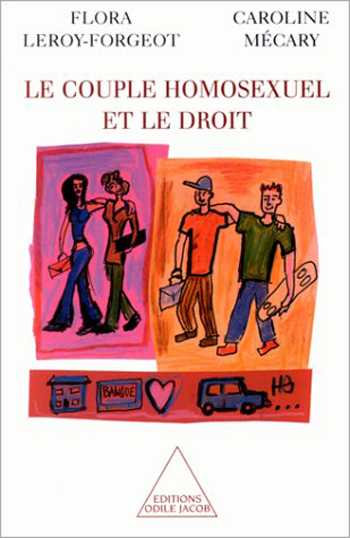
Flora Leroy-Forgeot, Caroline Mécary
The Homosexual Couple and the Law
"Should homosexual unions be recognised? Can foreign models of homosexual unions serve as a point of reference? What was the process of recognition? What could be the consequences? These are but some of the questions raised in this book, which provides all the necessary historical references concerning the social recognition of same-sex couples through the ages. Above all, it provides information on the various legal forms that such social recognition has taken in France as well as in other countries in Europe and North America. Flora Leroy-Forgeot and Caroline Mécary Flora Leroy-Forgeot is a researcher at the Institut Michel-Villey of Legal Studies and Philosophy of Law, at the University of Paris II. Caroline Mécary is a lawyer on the Paris bar and teaches at the University of Paris XII.
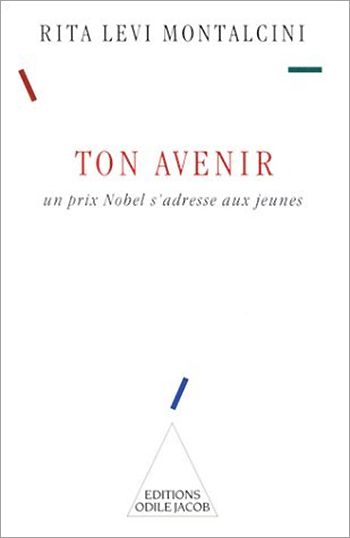
Rita Levi Montalcini
Your Future A Nobel Prize which speaks to young people
When a great scientist makes a point of getting through to young people and those around them.... When a Nobel prize brings within everyones reach all the key principles of biology.... When an exceptional woman passes down to new generations the values on which she has based her life.... Science with a conscience ! Rita Levi Montalcini recieved the Nobel Prize for Medicine. Born in Turin, but forced from Italy by the Fascism, she has for many years taught in the United States.
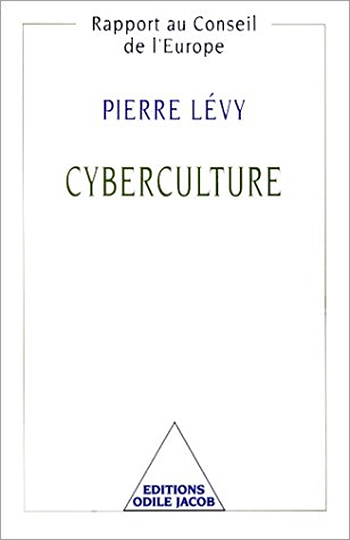
Pierre Lévy
Cyberculture
What is cyberculture? What are the social and cultural implications behind this technical phenomenon? Could it be held responsible for altering our relationship to knowledge? These are some of the questions addressed in Cyberculture, which covers such aspects of new technology as numerisation, navigation, memory, programming, software, virtual reality, multimedia, interactivity, and electronic mail. Written for the non-power user, this is a clear, complete and highly accessible presentation of new technologies, their uses and future stakes. Pierre Lévy is a philosopher who teaches at the University of Paris-VIII, in the hypermedia department.
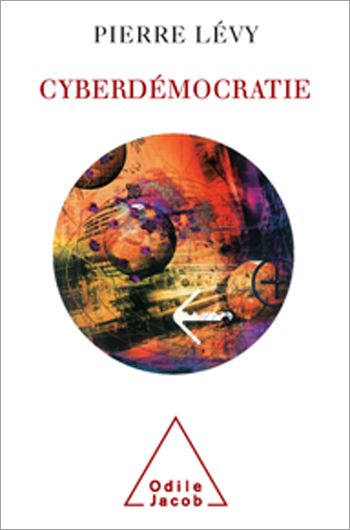
Pierre Lévy
Cyberdemocracy
This book offers a synthesis of the various ways in which the advent of the Internet has transformed daily life in democratic societies, both on a regional and international level," writes Pierre Lévy. This ambitious and down-to-earth analysis is well served by Pierre Lévys style and prophetic vision. He has taken into account the latest and most innovative developments, as well as the political changes brought about by the new information society. Pierre Lévy, a philosopher, teaches at the University of Quebec, in Trois Rivières. He is the author of Cyberculture and World Philosophy.
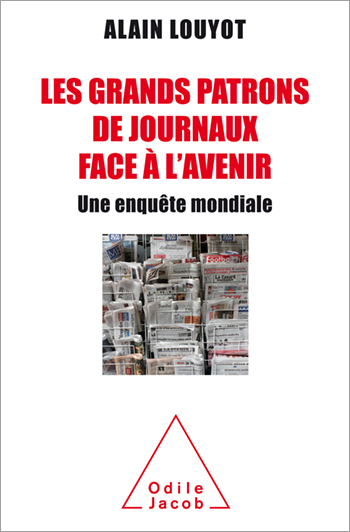
Alain Louyot
The Future of the Press
The first investigation and assessment of its kind, in order to propose a viable new business model for the press. An analysis of current mutations in the press around the world, and of their good and bad consequences for readers.
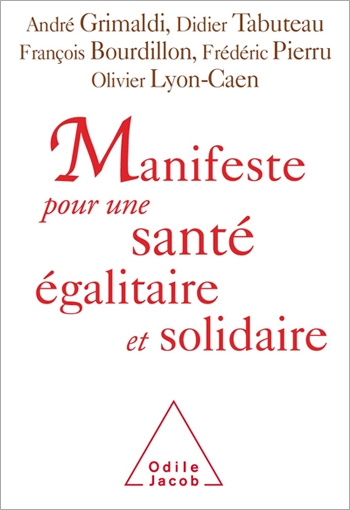
André Grimaldi, Didier Tabuteau, François Bourdillon, Frédéric Pierru, Olivier Lyon-Caen
Manifesto for Fair and Egalitarian Healthcare
In the run-up to the French presidential elections, two healthcare specialists denounce the constant and catastrophic deterioration of hospitals in France — and propose effective solutions
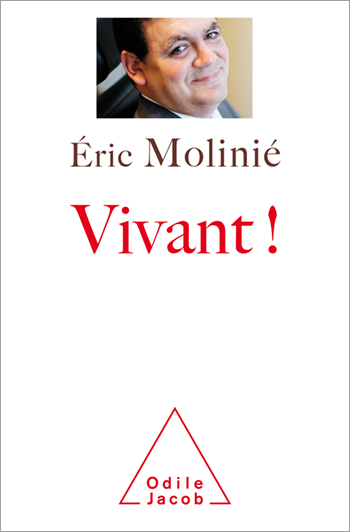
Éric Molinié
Alive !
How a handicap can be turned into a driver to surpass oneself and to engage with the service of others. An illustration of what is ethical in life.
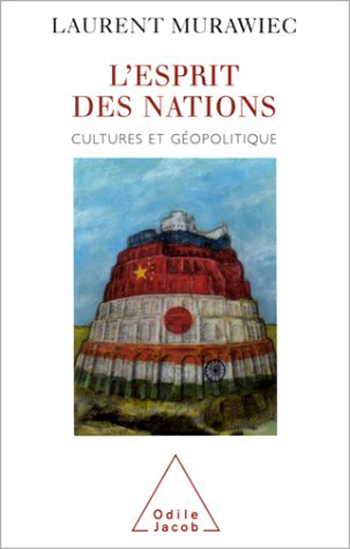
Laurent Murawiec
The Spirit of Nations Cultures and Geopolitics
What drives the many nations that crowd onto the stage of world politics? The study of geopolitics seeks to find the force that moves them, by examining their geographical position and national interests, but it does not exhaust the subject of motives. How, for example, is their position perceived and understood? How are national interests regarded? The present investigation rests on a number of postulates, without which it would be impossible to proceed: the spirit of a nation must be real, characteristic and recognisable; it must matter; and the nations themselves must continue to matter." Laurent Murawiec
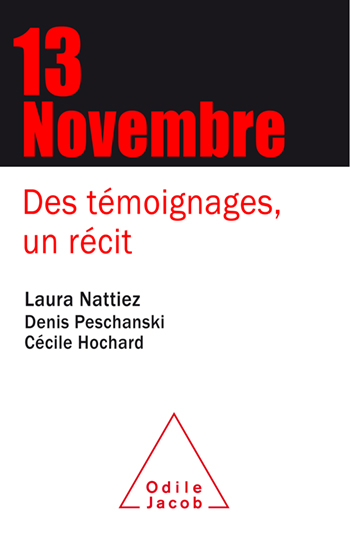
Laura Nattiez, Denis Peschanski, Cécile Hochard
November 13th
The book attempts to reconstruct both the precise unfolding of facts and the way in which those facts were experienced by those who were involved.
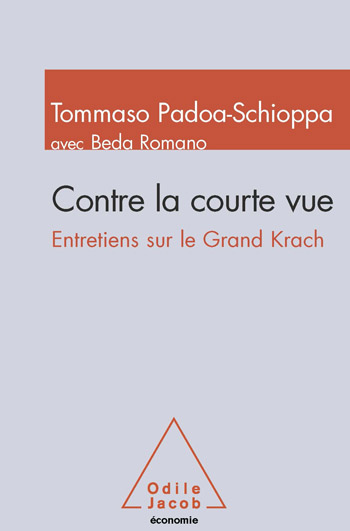
Tommaso Padoa-Schioppa, Beda Romano
The Short-Term View Conversations About the Big Crash
A leading figure in Italian and European politics and economics provides a critical synthesis of the conduct that led to the crash, and suggests paths to be explored to mould new thinking in economics.
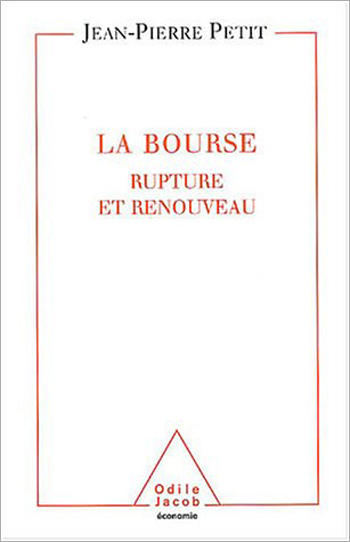
Jean-Pierre Petit
The Stock Exchange Renewal and Rupture
The current stock market crisis followed the period of fastest growth in world markets in history. How can this be explained? And what does it indicate for the future? While the bullish market that preceded the crisis was hyper-inflationist, we are now experiencing a period of deflation, a drop following on the heels of a vertiginous rise. In this respect, Petits interpretation is that of the regulationists: the crisis is one of confidence. He also describes how the crisis has revealed structural weaknesses in various countries. Jean-Pierre Petit is head of economic research for the investment company Exane.
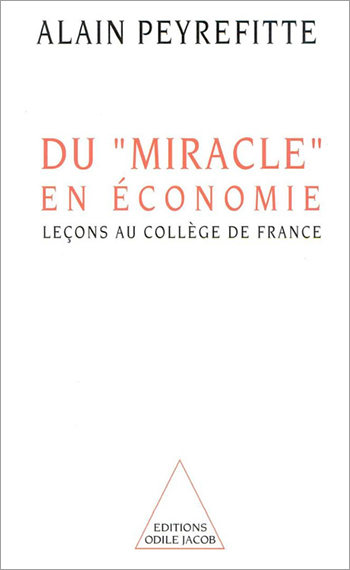
Alain Peyrefitte
The Economic "Miracle"
The 20th century has been marked by the growing awareness of the unbearable gap between developed and under-developed countries. And the most outstanding fact of the next century will probably be the worsening in this imbalance. In order to find a solution to the under-development scandal, Alain Peyrefitte attempts to understand the miracle of development. He examines the successive miracles which have allowed a part of humanity to pull through the turns of dictatorship or anarchism, violence and destitution.
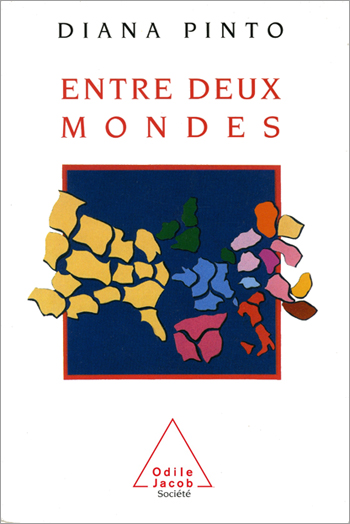
Diana Pinto
Between Two Worlds
How can the individual s identity solidify in today s multicultural context? D. Pinto's essay in comparative cultural history, written in the first person, is a sensitive and critical document in favor of an open Europe and a pluralistic society.

